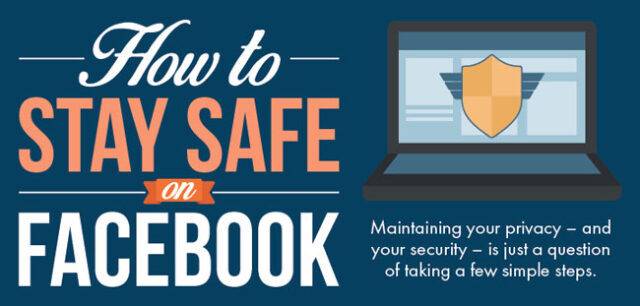
Facebook is our everyday life and is responsible for the fact that numerous people entered the vast expanses of the Internet through it. Regardless of whether you use Facebook for personal, educational or commercial purposes, it is very important that you keep in mind these few tips to avoid the fate of people who are with carelessness in the virtual space completely destroyed their “real” lives. So let’s start:
Never assume that your online chat is private
Unlike our memories that are often full of holes, false data and interpretation, computers have a perfect memory. Everything that you once wrote on the Internet there generally remains forever, and that means that every image, video, retweet or like on Facebook that you just for a moment mistakenly put and quickly after that erase, still remains “remembered” and can be accessed to certain circumstances.
Various scandals in recent years show that all forms of “private” messages are easily accessible and available to the public. Therefore, if you do not want your future boss by google your name finds some inapropriate images, do not put them on the Internet.
Do not put anything on the Internet you do not want others to see
As much as you were convinced that you manage to configure security settings on Facebook well enough to some images will never be avaliable to your colleagues, friends or family, the safest way to prevent that is still to private stuff you simply do not share with anyone.
Keep copies of important things that you put on the Internet
Since you already know how everything you put online can copy and digitally survive even after you delete it, create a folder on the computer in which you store all the important things that later could potentially create problems to you. This is especially true for personal correspondence, important emails and photos of private content.
Children under 13 years should not use social networks
It is likely that your child will ask for your permission for Facebook a lot before they enter the teenage years, but this is not a good idea. Children are particularly vulnerable to a number of people with potentially bad intentions, precisely because they does not yet fully understand the emotions and intentions of others. We know that they certainly will not be satisfied with your decision, but if you persist in this and do not give up, it will be a long-term investing in the safety of your child.
According to research conducted by Neo Studios, only 37 percent of Facebook users changed their privacy settings. Despite the fact that Facebook and the media recommend frequent monitoring and adjustment of the same. The Neo Studios, in collaboration with Who Is Hosting This, made this interesting infographic with lots of useful tips and statistics related to the security of your profile on Facebook.














